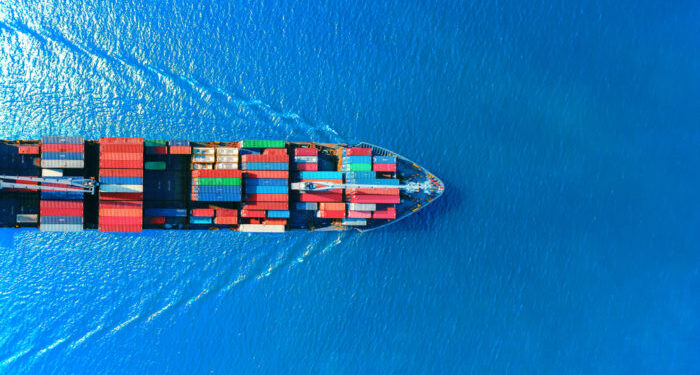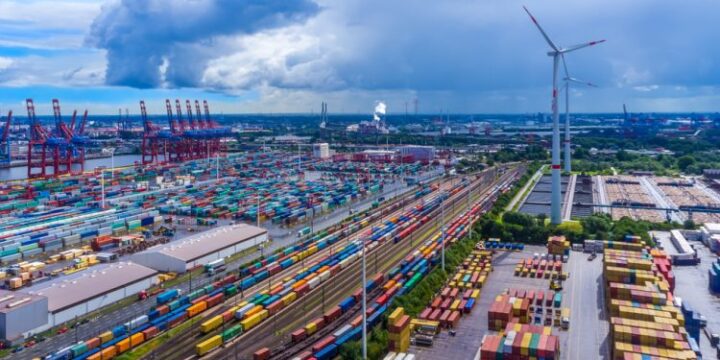July 8, 2025

A new study by the International Council on Clean Transportation (ICCT) clearly shows that a global reduction in the sulphur limit for marine fuels from the current 0.5 percent to 0.1 percent would significantly reduce air pollution.
Key findings
The “” study found that lowering the global sulfur limit for marine fuels from 0.5% to 0.1% could reduce air pollution emissions and yield significant health and economic benefits. Shipping emissions currently cause an estimated 36,000 PM2.5-attributable premature deaths annually, with a corresponding global health cost of $160 billion. Relative to a Baseline scenario based on 2023 ship activity data, reducing the sulfur content of marine fuels as in the global 0.1% fuel sulfur limit scenarios modeled in this study would:
- Mitigate air pollution. Across our three 0.1% fuel sulfur limit compliance scenarios, shipping-attributable SOX emissions are estimated to fall by 75%–85%, PM2.5 by 46%–66%, and BC by 27%–41%. The Distillate Only scenario, in which the use of scrubbers is not allowed, yields the highest estimated emission reductions.
- Reduce premature deaths. The three scenarios avoid between 3,900 and 4,500 premature deaths annually, with the most significant reductions achieved under the Distillate Only scenario.
- Deliver substantial economic benefits. Relative to the Baseline, health-related economic benefits are estimated to range from $9.3 billion to $11 billion annually, depending on the compliance pathway.
- Incentivize the use of ZNZ GHG fuels. A global 0.1% sulfur standard that incentivizes the uptake of distillate fuel would increase the baseline price of fossil marine fuels and reduce the price gap between fossil and ZNZ fuels. Establishing a GHG price more ambitious than the IMO Net-Zero Framework, as proposed in 2024, could further close the price gap.
These figures speak for themselves: raising fuel quality not only protects people’s health, but also the climate and nature
… said Sönke Diesener, NABU shipping expert, noting that while some regions already limit sulphur content to 0.1%, the global use of toxic ship fuels continues unnecessarily.
Credit: ICCT
While the Scrubber Allowed scenario is the most likely compliance pathway, the Distillate Only scenario is estimated to provide the greatest health and economic benefits, minimizing emissions of SOX, PM, and BC and avoiding nearly 4,500 premature deaths each year, generating $11 billion in monetized benefits annually, the study finds. Meanwhile, the Scrubber Max scenario yields the lowest health benefits and highest pollutant emissions among the compliance pathways. There are other benefits that have not been quantified in this study that may also accrue, including avoided morbidity, work-loss hours, and enhanced environmental justice.
Scrubbers are a poor compromise: they prolong the use of dirty heavy fuel oil artificially and lead to considerable pollution of the marine environment
… commented Diesener and called for a global ban on scrubbers alongside stricter sulphur limits.
To remind, last month, Ahead of the OSPAR Ministerial Meeting in Vigo on 26 June, 20 NGOs urged OSPAR Environment Ministers to ban toxic wastewater discharge from scrubbers, a method used by ships to clean their exhaust gases.

